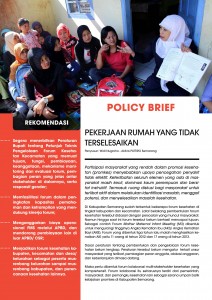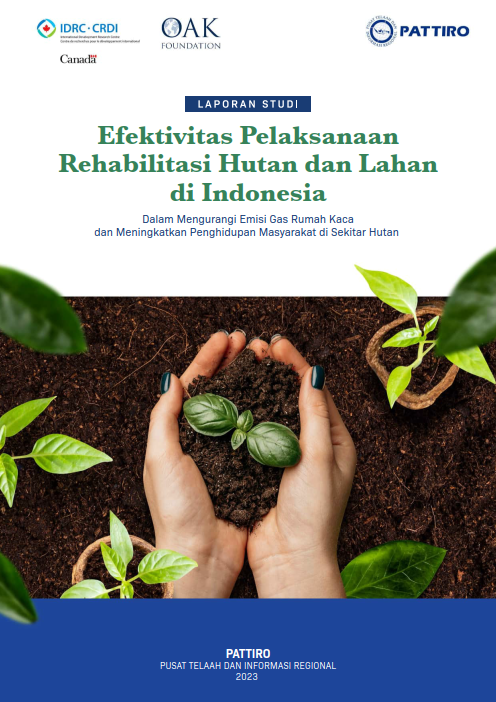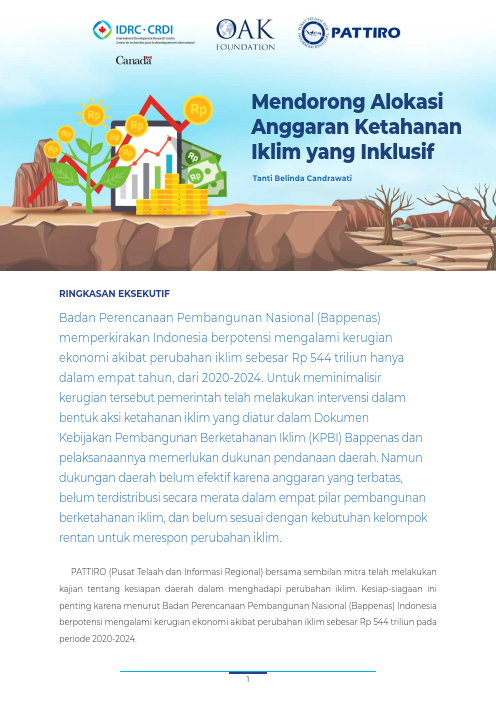 By: Widi Nugroho*
By: Widi Nugroho*
Community participation in health promotion activities (promkes) is still low so that disease prevention efforts that have been carried out are ineffective. This is caused by several factors, including low involvement of all elements in society, high dominance of women, women's involvement is still instructive, limited space for community discussion to be actively involved in identifying problems, exploring potential and resolving health problems.
To encourage the effectiveness of health promotion activities, Semarang Regency has also established several health forums at the district and sub-district levels. The formation of this health forum was based on the many problems that emerged in society. But unfortunately, until now the forum has not succeeded in achieving its goals. For example, the formation of the Mother Maternal Infant Meeting (M3) forum with the aim of assessing Maternal Mortality Rate (MMR) and Infant Mortality Rate (IMR) did not produce results. In fact, Semarang Regency's MMR and IMR increased by 11 cases in 2012 and 17 cases in 2013.
PATTIRO assessed that this failure occurred because the basic regulations regarding the formation and management of health forums were incomplete. The regulations do not yet contain an explanation regarding the elements of society involved, the distribution of member roles, budget allocation, and the sustainability of the forum in the future. For this reason, PATTIRO considers that the formation of a comprehensive multi-stakeholder health collaboration forum is very necessary. This collaborative forum should be filled by various elements from the government, community and other health stakeholders as a means of feedback on health promotion policies in Semarang Regency.
The following are several policy recommendations that PATTIRO proposes to the Semarang Regency Government regarding this problem:
- Immediately issue a Regent's Regulation concerning Technical Instructions for Management of District Health Forums containing the objectives, functions, financing, membership, monitoring and evaluation mechanisms of the forum, as well as a clear division of roles between stakeholders in it. These regulations must also be made taking into account gender balance;
- Facilitate forums in order to increase members' understanding and skills which can support forum performance;
- Budgeting operational costs for the implementation of the multi-stakeholder forum through the Regional Revenue and Expenditure Budget (APBD) and encouraging other financing outside APBD funds or corporate donations/Corporate Social Responsibility (CSR);
- Making members of district, sub-district and village/sub-district health forums participants in development planning deliberations from sub-district to district level, as well as other health planning activities.
*) The author is a PATTIRO Semarang activist
Download the following policy brief to read the full analysis:




